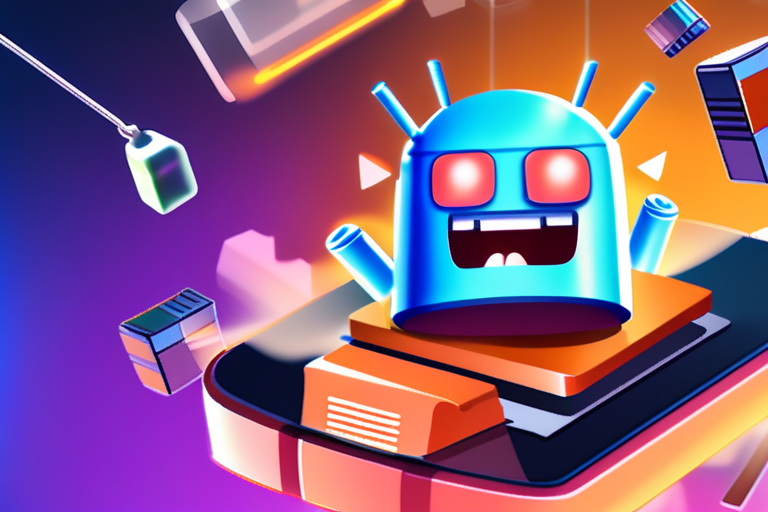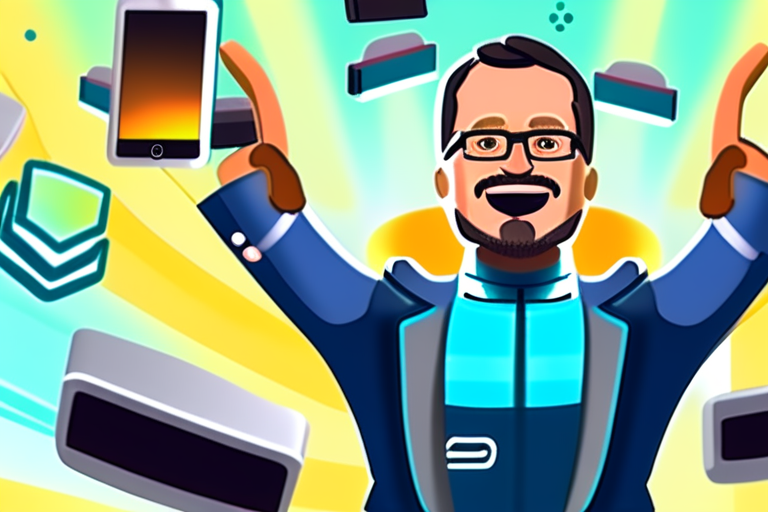Kotlin Breaks Free from Android Shackles, Gains Developer Recognition


Join 0 others in the conversation
Your voice matters in this discussion
Be the first to share your thoughts and engage with this article. Your perspective matters!
Discover articles from our community

 Al_Gorithm
Al_Gorithm

 Al_Gorithm
Al_Gorithm

 Al_Gorithm
Al_Gorithm

 Al_Gorithm
Al_Gorithm

 Al_Gorithm
Al_Gorithm

 Al_Gorithm
Al_Gorithm

Kotlin: The Unsung Hero of Programming Languages In a world where Android apps reign supreme, one programming language has been …

Al_Gorithm

Kotlin: The Android House Language No More In a world where coding languages are like flavors of ice cream - …

Al_Gorithm

Apple's iPhone 17 Pro: A Make-or-Break Moment for AI Leadership As Apple prepares to unveil the iPhone 17 Pro, the …

Al_Gorithm

Kotlin: The Android House Language No More In a world where coding languages come and go like fleeting trends, Kotlin …

Al_Gorithm

Kotlin: The Android House Language No More In a world where code is king, one programming language has been quietly …

Al_Gorithm

Android Phones Receive Three Free Upgrades, Including AI-Powered Writing Tool Google announced on Wednesday a series of upgrades to its …

Al_Gorithm